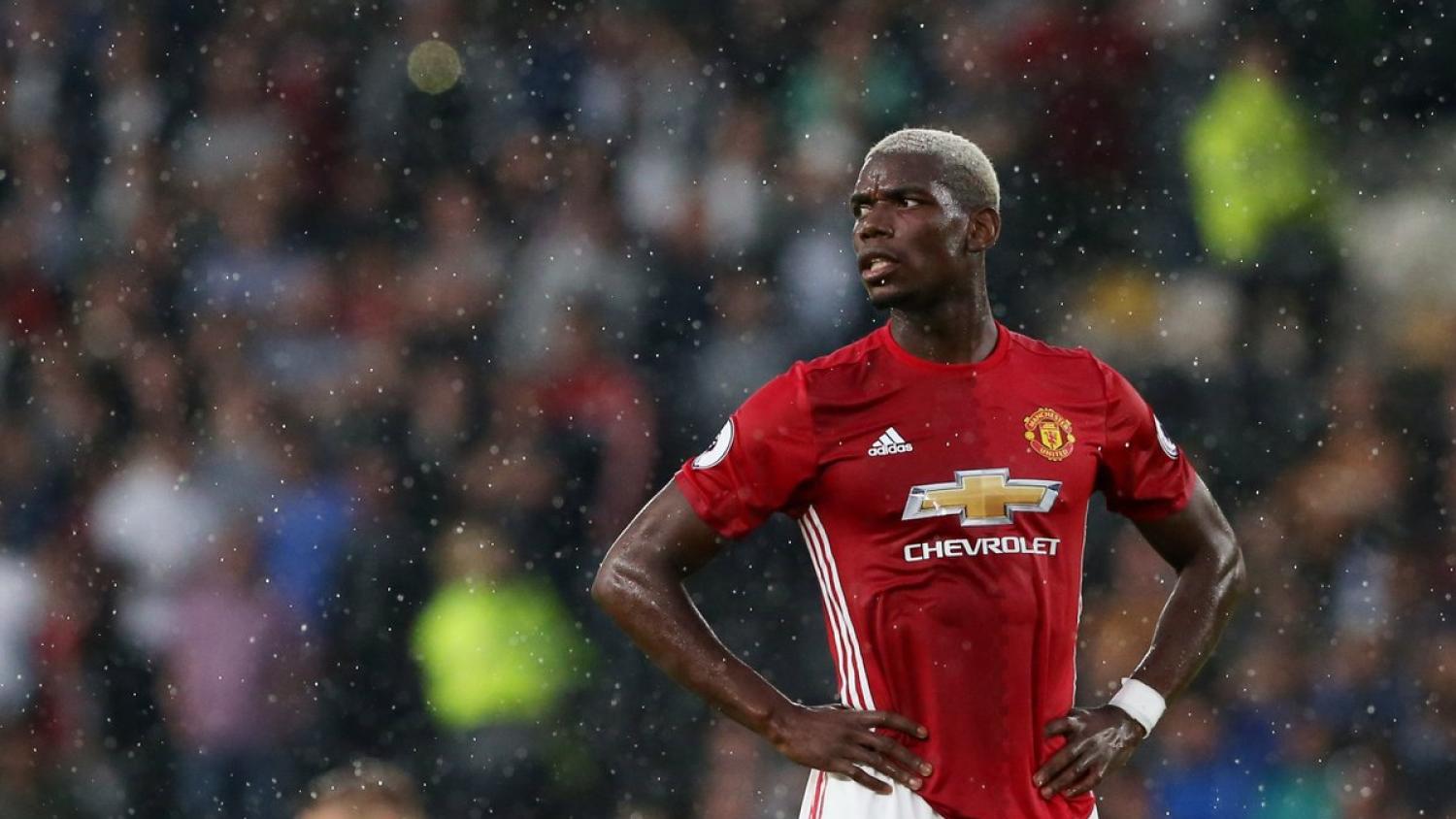Openly disdained by most Premier League clubs and truly loved by only a small sub-section of society (read: Sevilla), the Europa League has always been the Boo Radley of European football — it’s believed to be a horrible thing for everyone who comes into contact with it. Rumor has it that it’ll even ruin your domestic title chances while decimating your entire squad with injuries.
Like piss-weak domestic beer in the age of the micro-brewery, UEFA’s second tier club competition has gone through a myriad of refreshes over the years, changing its name, format and its ultimate prize in a desperate attempt to find relevance in an otherwise disinterested world.
In addition to low attendances and next-to-no TV money, a major part of Premier League clubs’ distinct lack of enthusiasm for the Europa League is the perceived impact it can have on their domestic season.
For one, it’s just an extra match for players to contend with in an already long and competitive season. With Europa League matches held on Thursday nights, teams also have less time to recover for their weekend fixtures than those not competing in Europe, or even those involved in the Champions League.
Throw in the occasional 10-hour round-trip to some of Europe’s more exotic and far-flung venues (think Ukraine in late November or, better still, Azerbaijan), and it’s easy to understand why Jose Mourinho, for example, will send the kids out for Manchester United against Feyenoord, Fenerbahce and Zorya Luhansk this season.
So just how damaging is a Europa League campaign to a team’s domestic season? Interestingly, the answer would appear to be: not very.
Take perennial Thursday nighters Tottenham Hotspur, for example. Spurs have been sucked into the Europa League’s vortex of doom in each of the last five seasons, which makes them an ideal case study.
If we compare the average points-per-game the North Londoners accrued over an entire season versus the number they picked up in games immediately following a Europa League tie, it becomes apparent that, actually, Thursday night football isn’t such a burden after all.
In only one of the last five years have Spurs earned fewer points in games following Europa League ties than they’ve averaged over the course of the season. Indeed, in 2011-12 they won each of the six games they played after a midweek jaunt around the Continent.
Nor does it appear that the cumulative impact of the extra fixtures associated with European football necessarily over-burdens the handsomely paid (and in Cristiano Ronaldo’s case, oiled) legs of professional footballers. Consider Liverpool, who have been in and out of Europe more often than...(Editor's note: insert Charlie Sheen joke here).
Over the last five years, Liverpool have averaged 1.8 points per game in the last 10 fixtures of a season. For the two seasons in which they saw Europa League football - including last year’s run all the way to the final - Liverpool have averaged, you guessed it, 1.8 points per game in the last 10 fixtures of the season.
So while the Europa League is undoubtedly, for the neutral at least, about as exciting as a night in with Aunt Cecilia and her Octogenarian pet tortoise Alan, never let it be said that the ugly step-sister of European club competition is a barrier to a strong domestic season.



